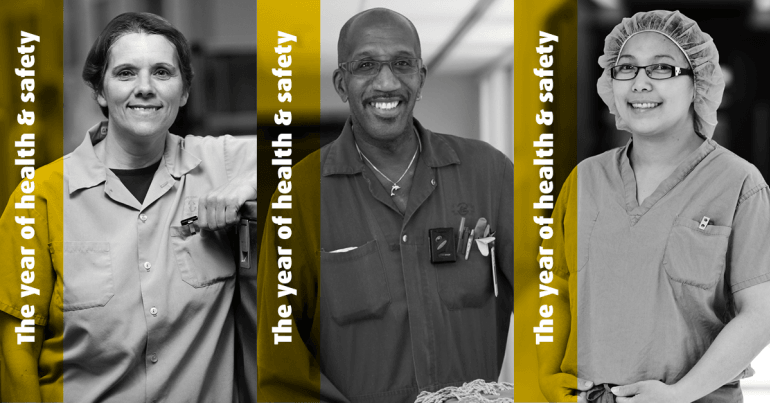 “I’ve been kicked, punched, head butted, bitten, spat on, knocked down, had my clothes torn… you name it, it’s probably happened. I’ve had injuries that were so bad that I’ve missed work.”
“I’ve been kicked, punched, head butted, bitten, spat on, knocked down, had my clothes torn… you name it, it’s probably happened. I’ve had injuries that were so bad that I’ve missed work.”
You might expect to hear this description of working conditions from someone who works in law enforcement. Unfortunately, it’s an all-too-common description of incidents that educational support staff who work with special needs students often face in our under-funded school systems.
“These types of working conditions were becoming more and more common. We were being told and made to feel as though this type of violence was part of the job,” says Theresa McAllister, an educational support staff in Miramichi, New Brunswick, and President of CUPE Local 2745.
This grim situation inspired McAllister to become involved in health and safety in the early 2000’s. “I took it upon myself to get training any time training or courses were being offered. I pushed to have my union and my employer send me. I took that knowledge and I used it to try and benefit everybody – it wasn’t just for me. It was to benefit myself, my colleagues and my employer.”
McAllister began her activism as the health and safety representative in her workplace, which grew into a position as a health and safety representative in her district. Later, she joined health and safety committees at the local level and at CUPE New Brunswick. Today, she is president of CUPE 2745 where she also leads the local’s provincial health and safety committee.
“It’s been a long battle and a lot of work but we’re seeing improvements,” she says. McAllister credits a lot of the gains made in her workplace to the use of the Right to Refuse Unsafe Work. By calling the Provincial Compliance Officers, they began having conversations and looking for ways to resolve concerns. In other words, refusing unsafe work prompted the right conversations to take place.
Recently, McAllister had a significant meeting with the Provincial Chief Compliance Officer to discuss workplace violence in the school boards. She has a follow-up meeting this fall to continue to work towards the elimination of this workplace hazard.
“As a worker, you have every right to go home from work the same way you came in. Violence in the workplace happens all too often in school settings – and whether it’s accidental or intentional, it still has an impact on the worker.”


